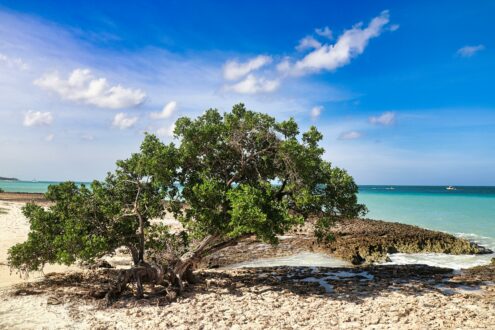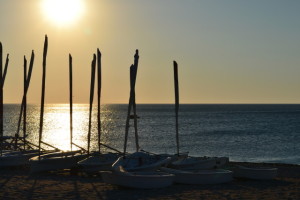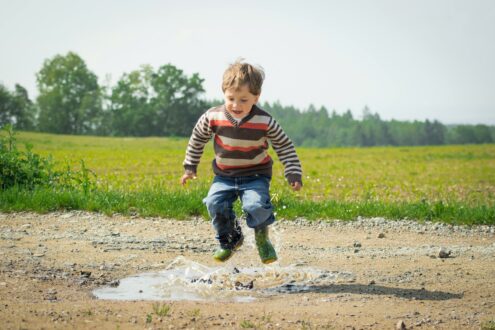Most of the Uk was hit by huge snowstorms last week, while we made the most of a couple of fun filled snowy days off school I know that for snow people snow causes no end of problems. This guest post talks about the importance of topping up your oil for such occasions.
Most of the United Kingdom was hit by somewhat unseasonable weather over the last two or three weeks, with some parts of the country braving temperatures as low as minus 10C at points.
By the end of February, we expect the grip of winter to be loosening and so lots of us don’t think about visiting Emooil.com to top up our supply. This makes sudden severe cold snaps like the one we’ve just had doubly difficult, because there’s the worry about running out of oil and then finding that the delivery guys can’t get out due to, well, the snow.
Things returning to normal
Suppliers are delivering again now, but there’s a serious backlog and some storage terminals are very low indeed. Thankfully, however, the weather is improving so there may even be some days when you hardly need to spark up the boiler at all.
Your supplier should be keeping you informed about delays and your position in the queue for delivery, so if you’re waiting for your oil and you’re worried about running out full stop, here’s what to do.
If you have between 20% and 30% of your full capacity in your tank
You should order now, as you’ll get your delivery within a few days, but you should take steps to reduce your oil usage. Try turning the heating off earlier than usual in the evening or if there’s a sunny spell during the day. At the very least turn down the thermostat a degree or two.
If you have less than 20% of your oil left
You should reduce your usage to the absolute minimum, because if your tank runs dry you risk air or sludge getting into the boiler, with disastrous and expensive consequences. Place your order now.
You need to turn down the thermostat to 16C (if you can) to use as little oil as possible and don’t use your oil-fired water heating if you have an immersion heater. If you don’t have an immersion heater, then only heat water for baths or showers; for washing up, boil kettles.
If you have a secondary source of heating, like a log burner or even a fan heater, then press it into service, as well as your hot water bottles and spare blankets.
If you’ve actually run out
You should turn the system off entirely until you have some more oil. You could always see if local garden centres have some oil to sell to see you through a few days, but if not, make sure the boiler can’t be started.
If it gets cold again, then make sure your internal pipes don’t freeze by getting some heat to them. If they’re in a kitchen cupboard, open the cupboard door to let some warmth get to the, for example. You can also use bubblewrap or towels to lag outside pipes. Bubblewrap is also a great window insulator, so apply it to your draughtiest ones.
Your oven, if it’s electric and not oil-fired, is also a good source of heat, as well as other domestic appliances like slow cookers and even halogen lightbulbs. Find excuses to keep these gadgets on for longer than usual – but never overnight or when you’re out!







Leave a Reply